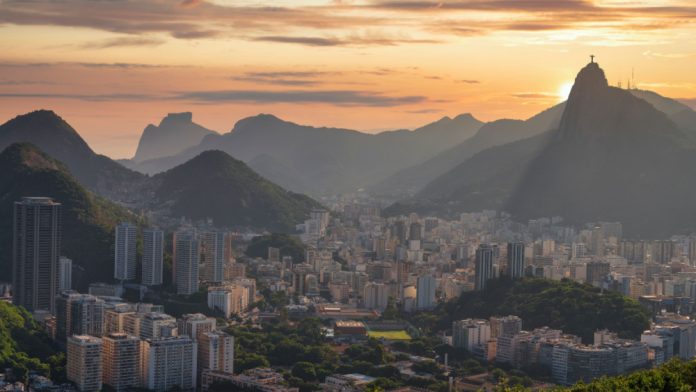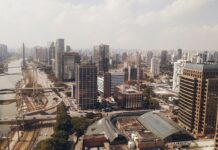Brazilian officials are set to intensify their strategy on unlicensed operators as the regulated market in the country continues to take shape.
The country’s Minister of Finance, Fernando Haddad laid out the efforts of the government as it looks to eradicate the presence of unlicensed operators.
He was speaking during a radio interview, where he revealed that action is coming imminently, as progress is made to ensure the framework is legitimised in the country.
“This week we will take down websites that have not even requested official regulation”, he said. “The Treasury’s decision to suspend unregulated betting in the country will come into effect immediately.
“We will also monitor the evolution of [gambling]… to avoid two things: those who bet a lot and win little may be psychologically dependent on gambling; and those who bet a little and win a lot are generally involved in money laundering.
“We must curb the public health problem and the issue of organised crime.”
The action underlines that only companies that are already operating and have requested authorisation by last month’s deadline will be allowed to continue operating until December 2024. Starting from 1 January 2025, only fully compliant companies will be able to operate.
A total of 113 businesses submitted applications at the time of the window closing.
The Secretariat of Betting and Prizes (SPA) is currently reviewing these applications to ensure that businesses meet the technical requirements for operating in the Bets market.
Regis Dudena, General Secretary of the SPA, stated that the adaptation period will last until the end of December for businesses that have demonstrated their commitment to acting in accordance with Brazilian laws.
The SPA reminded applicants that they must comply with Law No. 13,756/2018 and Law No. 14,790/2023, which include strict regulations on fraud prevention, money laundering, and IT security.
Furthermore, qualified businesses will need to make a R$30m payment to the Ministry of Finance by the end of 2024 to complete the licensing process.
Operators that did not submit authorisation requests by the deadline will be considered illegal starting in October 2024. They must cease operations, but will have until 10 October to refund customer funds, close accounts, and exit the market.
These new measures aim to protect consumers from fraud and illegal activity in the betting sector while ensuring businesses comply with Brazilian regulations.
By 30 September 2024, all authorised companies must submit details of their operating trademarks and websites during the transition period.
Regis Dudena highlighted that police operations have already exposed companies using the betting market for criminal activities. He emphasised the importance of acting quickly to eliminate bad actors from the market before January.
“Our goal is to protect the mental, financial, and physical health of bettors by preventing companies from using sports betting and online games as a tool for fraud and money laundering,” he said.











